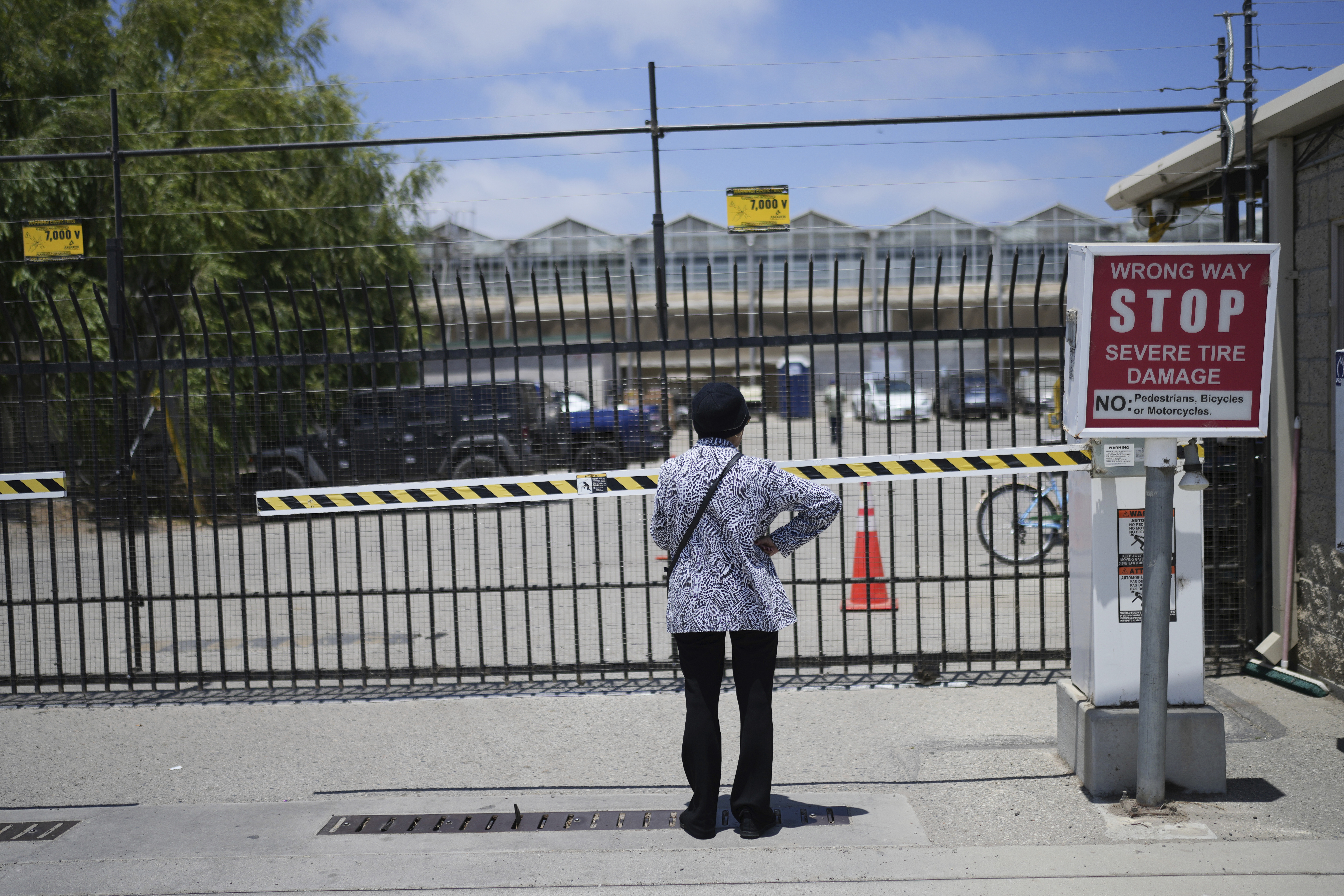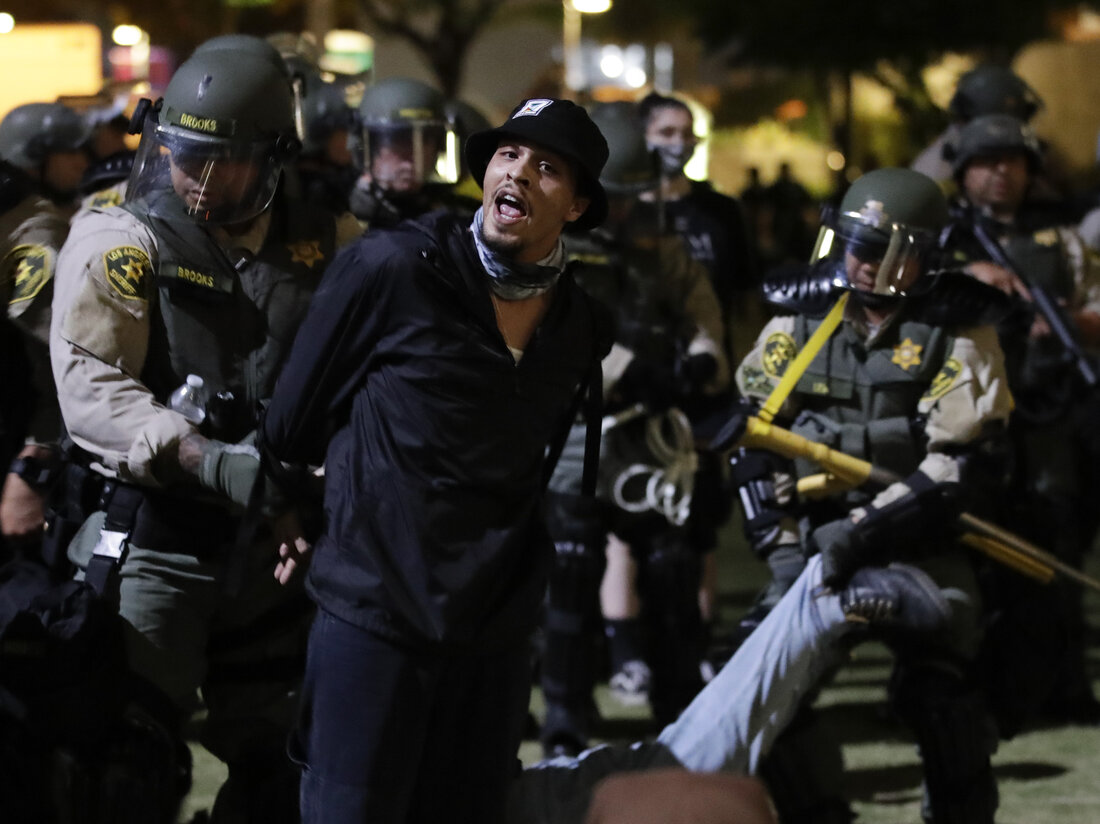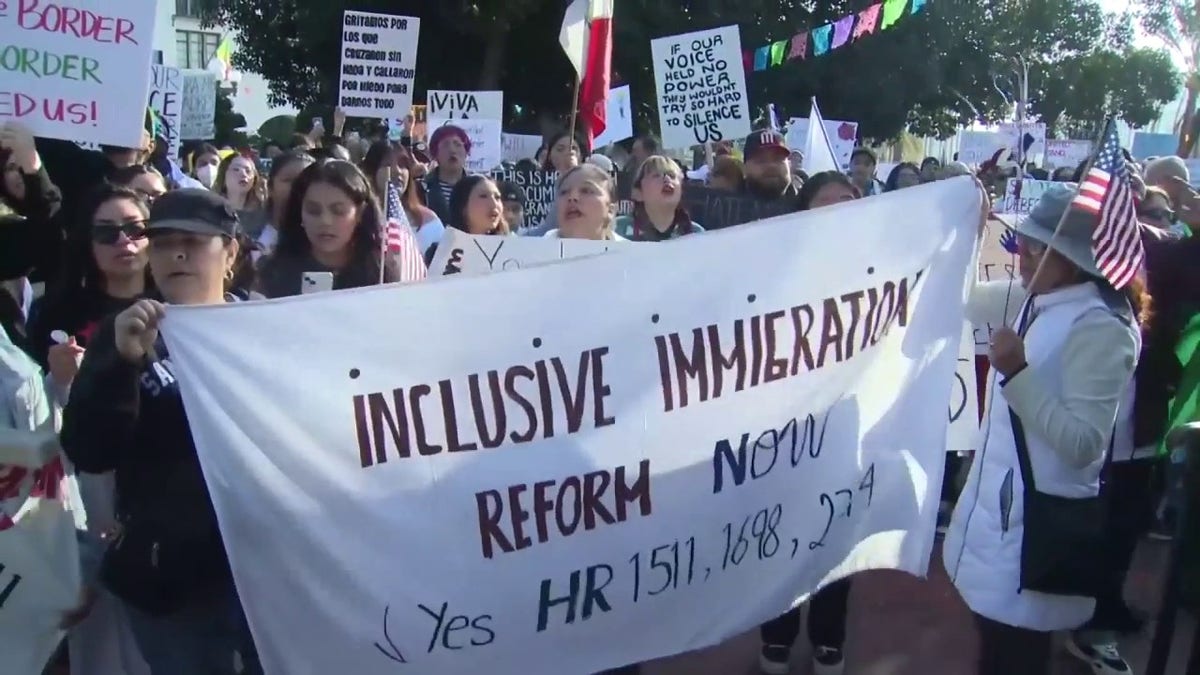ICE's Memo Impacts Undocumented Immigrants
#ice #undocumented_immigrants #bond_hearings #fear #uncertainty

The Impact of ICE's Memo on Undocumented Immigrants
A recent memo from ICE’s acting director has declared millions of undocumented immigrants ineligible for bond hearings. This means that those who entered the country illegally will be held for the entire duration of their removal proceedings, which can take months or even years. This new policy has caused fear and uncertainty among immigrants and their families, as they face the possibility of being detained for an indefinite amount of time. It also puts a strain on the already overwhelmed immigration courts, leading to backlogs and delays in processing cases.
The Consequences for Undocumented Immigrants
With this new policy in place, undocumented immigrants who were previously eligible for bond hearings and the chance to be released from detention will now be held until their removal proceedings are completed. This can have a devastating impact on their lives and livelihoods, as they are unable to work or support their families while in detention.
About the Organizations Mentioned
ICE
**Immigration and Customs Enforcement (ICE)** is a federal law enforcement agency under the U.S. Department of Homeland Security (DHS), established in 2003 following the Homeland Security Act of 2002, which reorganized existing agencies post-9/11 to enhance national security[1][2]. ICE’s core mission is to protect the United States by enforcing immigration laws, conducting criminal investigations, and preserving public safety. ICE operates primarily through two major divisions: **Homeland Security Investigations (HSI)** and **Enforcement and Removal Operations (ERO)**. HSI focuses on investigating and disrupting transnational criminal organizations involved in customs violations, human trafficking, terrorism, and smuggling. ERO is responsible for the apprehension, detention, and deportation of individuals unlawfully present in the U.S., operating detention facilities and managing removal procedures[2]. ICE’s international reach is managed by the Office of International Affairs (OIA), a key overseas investigative arm coordinating with foreign governments to combat cross-border crime, such as arms smuggling, forced labor, and immigration fraud. OIA supports intelligence gathering, training, treaty implementation, and facilitates global cooperation to preempt threats before they reach U.S. borders[3]. With a workforce exceeding 20,000 employees across more than 400 offices worldwide and an annual budget of about $8 billion, ICE plays a pivotal role in U.S. homeland security[1]. Its activities, especially those involving immigration enforcement and detention, have made it a highly visible and sometimes controversial agency in public discourse, often referred to colloquially in Spanish as "la migra"[2]. Notable achievements include disrupting large-scale criminal networks internationally and supporting the enforcement of over 400 federal statutes concerning customs, immigration, and terrorism prevention. ICE’s dynamic operational scope—spanning law enforcement, international diplomacy, and legal administration—makes it a critical component of U.S. efforts to maintain national security and uphold the rule of law[1][2][
















